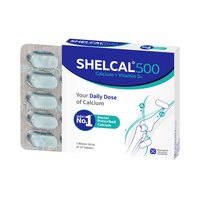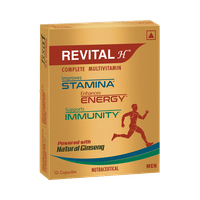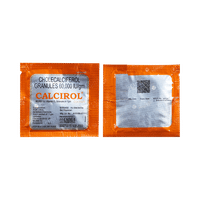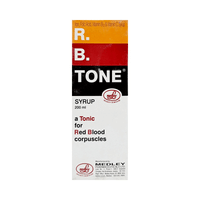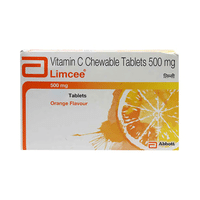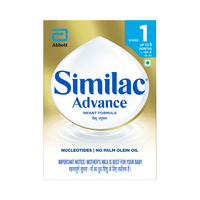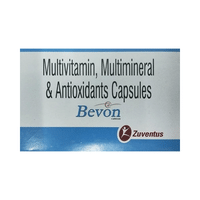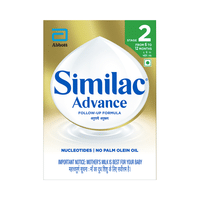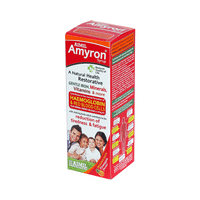Checal K2 Tablet

Rs.154.59for 1 strip(s) (10 tablets each)
food interaction for Checal
alcohol interaction for Checal
pregnancy interaction for Checal
lactation interaction for Checal
food
alcohol
pregnancy
lactation
Checal K2 Tablet may be taken with or without food.
None
None
CAUTION
It is not known whether it is safe to consume alcohol with Checal K2 Tablet. Please consult your doctor.
CONSULT YOUR DOCTOR
Information regarding the use of Checal K2 Tablet during pregnancy is not available. Please consult your doctor.
CONSULT YOUR DOCTOR
Information regarding the use of Checal K2 Tablet during breastfeeding is not available. Please consult your doctor.
CONSULT YOUR DOCTOR
SALT INFORMATION FOR Checal
Vitamin D3(500IU)
Uses
Vitamin D3 is used in the treatment of Vitamin D deficiency and osteoporosis.
How it works
Vitamin D3 is a form of vitamin D. It raises vitamin D levels in your blood. This in turn raises calcium levels in your blood by helping you absorb more calcium from food.
Common side effects
Increased calcium in urine, Loss of appetite, Increased calcium level in blood, Itching, Rash, Urticaria, Facial swelling, Genital edema, Dry skin, Nail disorder, Erythematous rash, Decreased prothrombin level in blood, Difficulty in swallowing, Weakness, Fatigue, Sleepiness, Headache, Dryness in mouth, Metallic taste, Nausea, Vomiting
Vitamin K2-7(25mcg)
Uses
Common side effects
Calcium Orotate(740mg)
Uses
Calcium Orotate is used in the treatment of nutritional deficiencies.
How it works
Calcium Orotate provides calcium in a form that is easily absorbed and transported into body tissues. Once absorbed, calcium helps in bone mineralization, muscle contraction, nerve transmission, and enzyme activity. This supports healthy bone structure and overall cellular function.
Common side effects
Bloating, Abdominal swelling
SUBSTITUTES FOR Checal
No substitutes foundExpert advice FOR Checal
- Your doctor has prescribed Vitamin D3 for the treatment of vitaminD3 deficiency.
- Take it as per dose and duration suggested by your doctor.
- It should be taken with food for faster absorption of medicine.
- Some healthy tips for vitamin D deficiency:
- Get enough sun exposure 10-30 minutes thrice a week.
- Light-skinned: 20-30 minutes of sun exposure.
- Dark-skinned: 30-40 minutes of sun exposure.
- Eat vitamin D rich diet like egg yolk, mushrooms, cheese, milk, butter, fortified food and oily fish.
- It might affect your sleep pattern when taken at night time. To avoid this better to take it at day time.
- Do not take antacids or any other medication 2 hours before or after taking Vitamin D3.
- Inform your doctor if you notice nausea, vomiting, poor appetite, constipation, weakness and weight loss while taking this medicine.
Frequently asked questions FOR Checal
Vitamin D3
Q. Is it better to take Vitamin D3 at night or in the morning?
You can take Vitamin D3 at any time of the day, morning, or night. However, there is limited information available about the best time to take Vitamin D3. Take it exactly as advised by your doctor.
Q. What are the benefits of taking Vitamin D3?
Vitamin D3 is important for maintaining bone health, support the health of the immune system, brain, and nervous system. It also regulates insulin levels and is also important for a healthy heart and blood vessels.
Q. How should Vitamin D3 be taken?
Vitamin D3 should be swallowed whole with water and should not be crushed or chewed. It is advised to take it with the main meal of the day to increase its absorption.
Vitamin K2-7
Calcium Orotate
Q. Can I take Calcium Orotate during pregnancy or breastfeeding?
Yes, but only under your doctor’s guidance to ensure both mother and baby get enough calcium safely.
Q. Who should avoid Calcium Orotate?
People with kidney disease, kidney stones, overactive parathyroid, high calcium in blood or urine, or severe dehydration should avoid it.
Q. Can Calcium Orotate interact with other medicines?
Yes, always inform your doctor about other medications or supplements to prevent interactions.













